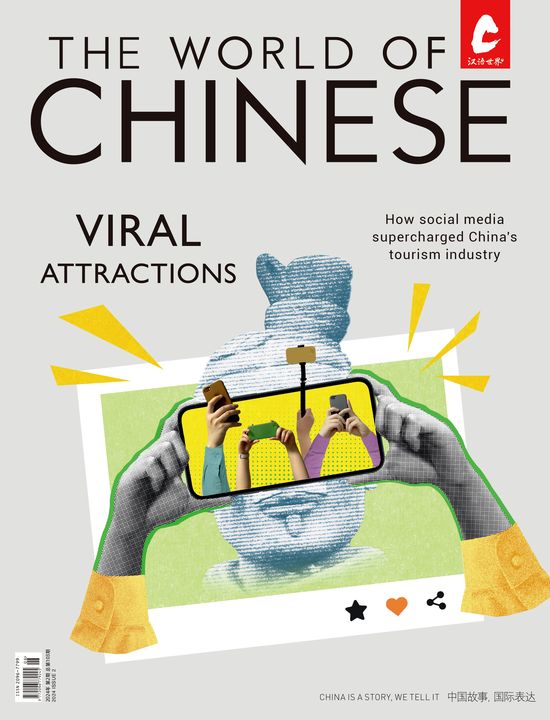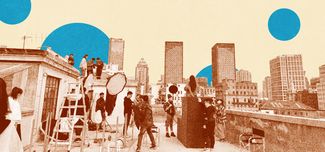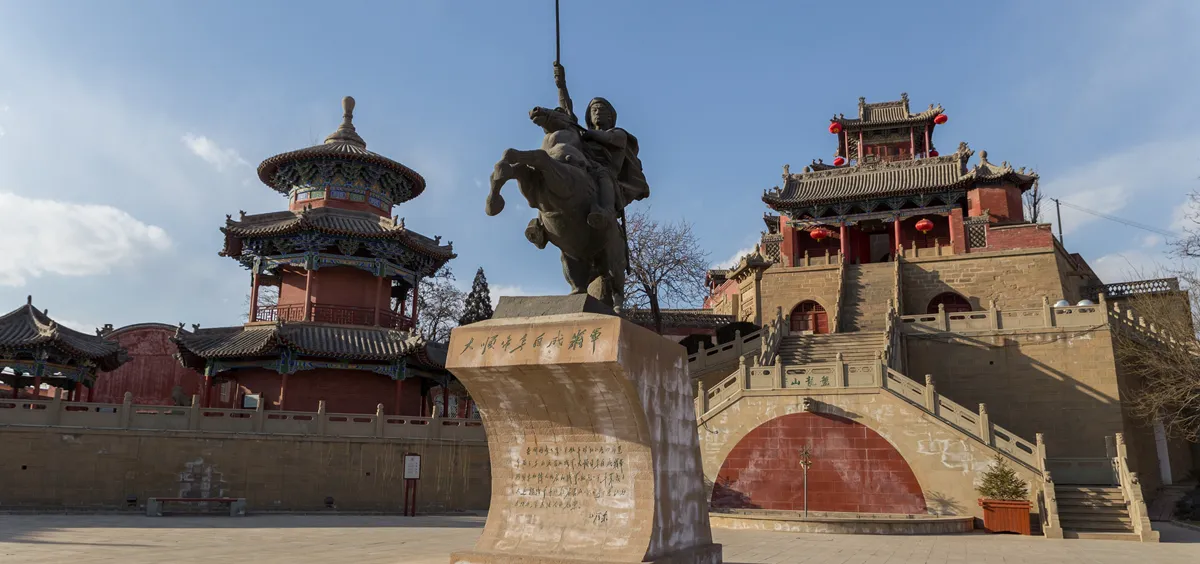Five famous leaders of ancient uprisings
September 22 is the birthday of the rebel leader Li Zicheng (李自成), who overthrew the Ming dynasty (1368 – 1644), and then lost the empire to the Qing (1616 – 1911). To later historians, Li is remembered as an idealist who tried to alleviate peasants’ suffering, but was defeated by a lack of foresight regarding the Manchu threat on the frontier.
Peasant rebellions took place in many dynasties of Chinese history. Successful or not, they left behind legends of climactic battles and charismatic leaders. Here’s a look at the five most famous rebels:
Chen Sheng 陈胜
Born in the third century BCE, Chen Sheng was a military captain under the tyrannical second emperor of the Qin dynasty (221 – 206 BCE). In 209 BCE, Chen and his comrade Wu Guang were ordered to lead 900 soldiers to Yuyang county (present-day Miyun district, Beijing) to help defend the northern border against the Xiongnu, but were delayed by storms. By Qin law, commanders who missed a deadline were put to death.
With nothing to lose, Chen and Wu raised their banner at Dazexiang township in the first armed rebellion against an imperial dynasty in Chinese history. They were joined by others who felt oppressed by the Qin regime, and their ranks swelled to 10,000 men within a few months. Chen declared himself the “King of the Rising Chu.” However, in less than a year, their force was defeated by Qin soldiers, and Chen was assassinated by his own men.
Though his uprising failed, Chen set an example for all rebel leaders who followed. The Records of the Grand Historian quotes a famous saying attributed to Chen, which motivated many rebellions in later dynasties:
Are kings and nobles destined to their high status by birth?
Wánghóu jiàngxiàng nìng yǒu zhǒng hu?
王侯将相宁有种乎?
Zhang Jiao 张角
Zhang Jiao was the leader of the Yellow Turban Rebellion in 184, the first religiously motivated rebellion in Chinese history. Claiming to be a Daoist sorcerer, Zhang called himself the “Great Teacher” (大贤良师). He started the rebellion with his brothers Zhang Bao and Zhang Liang in response to burdensome taxes, rampant corruption, and famine and floods during the Eastern Han dynasty (25 – 220)—which Zhang said were signs that the emperor had lost the Mandate of Heaven. The Yellow Turban rebels, named after the headgear they wore in battle, won some impressive victories at first, but their organization fell apart after Zhang Jiao died of illness in the fall of 184, and the rebels were quashed by the imperial army.
Zhang Jiao became a character in the classic novel Romance of the Three Kingdoms, but he only appears in the first chapter, and dies by the second.
Huang Chao 黄巢
Huang Chao was a salt smuggler in the late Tang dynasty (618 – 907), supposedly talented at swordsmanship, riding, archery, and even writing poems. In the mid-ninth century, when the Tang dynasty passed its heyday and began to decline, many impoverished farmers, tax-burdened landowners, and merchants joined anti-government rebellions. Huang became one of the most successful rebel leaders of that period.
In 881, Huang’s troops captured the capital Chang’an (modern-day Xi’an), forcing Emperor Xizong of Tang to flee. Huang proclaimed himself the “Qi Emperor,” but was defeated by the Tang army in 883 and forced to desert Chang’an. After suffering several more defeats, Huang was assassinated by his nephew Lin Yan. Still, his rebellion had severely weakened the Tang dynasty, which perished in 907.
Huang left behind several poems which expressed his ambition and bloodlust. One line, “The capital is full of golden armor (满城尽带黄金甲),” is used as a metaphor for blooming chrysanthemums, but at the same time illustrated his ambition to occupy the capital with his soldiers. This phrase is the Chinese name of director Zhang Yimou’s film Curse of the Golden Flower.
Li Zicheng 李自成
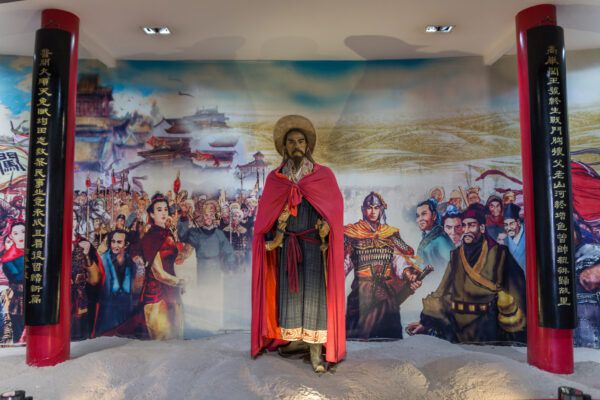
(VCG)
Born to a poor family in 1606, Li held jobs in a wine shop, a blacksmith’s shop, a farm, and the state courier system. According to folklore, in 1630, Li was put on public display in an iron collar and shackles for his failure to repay loans to a usurious magistrate. Local peasants sympathized with him, so they tore apart Li’s shackles and help him kill the magistrate and flee the town.
In 1633, Li joined a rebel army led by Gao Yingxiang, who was nicknamed the “Dashing King (闯王).” After Gao’s death, Li inherited the title and the army. Within three years, he rallied more than 30,000 men and executed many prominent government officials, which made him a folk hero to those struggling under famine and corruption in the late Ming dynasty (1368 – 1644).
Li advocated “dividing land equally and abolishing the grain taxes payment system,” which made him popular among peasants. The song “Kill the cattle and sheep, prepare the wine/ Opening the city gate to welcome the Dashing King/ When he comes, no need to tithe grain (杀牛羊,备酒浆,开了城门迎闯王,闯王来时不纳粮食)” was widely known at that time.
In 1644, Li’s army sacked the Ming capital, Beijing, and the Chongzhen Emperor committed suicide. Li proclaimed himself emperor of the new Shun dynasty. Just one month later, though, he was defeated at the Battle of Shanhai Pass by the combined forces of the ex-Ming general Wu Sangui and his new Manchu allies. Li fled to Xi’an, and allegedly died in 1645 on Mount Jiugong in Hubei province.
Hong Xiuquan 洪秀全
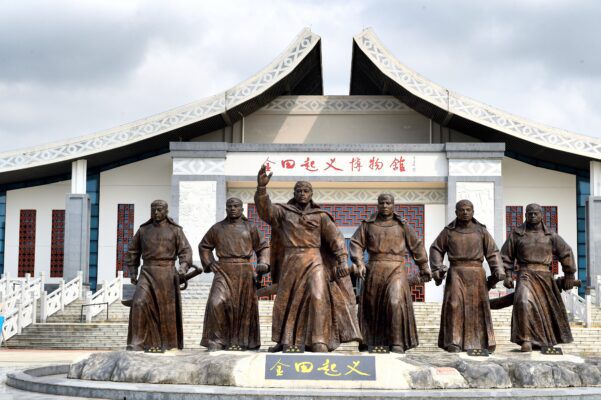
The Jintian Uprising Museum in Guangxi (VCG)
Born in 1814, Hong Xiuquan was the leader of the Taiping Rebellion against the Qing dynasty, possibly the most influential peasant uprising in world history. When Hong was in his early 20s, he heard a foreign missionary preach in Guangzhou, and it left an impression on him.
As a young man, Hong sat the imperial civil service exam several times, but failed each time. After his fifth failure in 1843, Hong burned all the Confucian books in his house, and began preaching about Christianity to his community. By 1850, he had amassed over 10,000 followers. In 1851, the Qing government cracked down on Hong’s movement, so he started the Jintian Uprising in Guangxi in response. The same year, he declared the founding of the “Heavenly Kingdom of Transcendent Peace,” a rebel state based on heterodox Christian doctrines. In 1853, Hong’s army took the city of Nanjing and claimed it as their capital, renaming it Tianjing (天京), the “Heavenly Capital.”
Hong implemented many reforms in his Heavenly Kingdom: He created an elaborate civil bureaucracy, reformed the calendar, outlawed opium use, and forbade polygamy (although Hong and other leaders maintained groups of concubines). However, he enforced rigid moral and religious codes and suppressed most trade, leading to discontent.
In 1856, infighting among the leadership of the Heavenly Kingdom resulted the death of the “East King” Yang Xiuqing. Following a failed attempt to take Shanghai in 1860, the Taiping rebels began to lose ground to the Qing government forces, who were aided by foreign military officers. In 1864, Nanjing was besieged, and Hong fell ill and died. The Qing forces then exhumed, beheaded, and burned Hong’s body, and suppressed the rebellion by the end of the year.
Cover image from VCG
